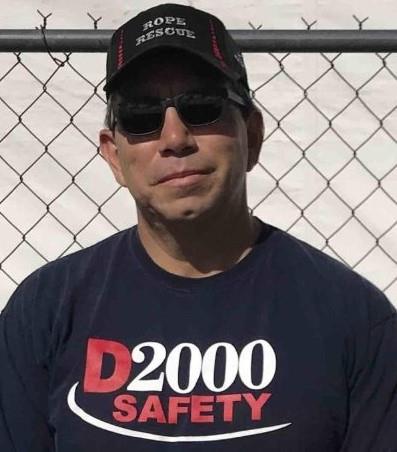
Aside from evacuating patients to safety, what is the most important role that a surface mine rescue team plays at a job site?
One major benefit of rescue training is developing a better sense of what can go wrong during a project. This increased sense of safety is why rescue team members often supervise hazardous jobs and are ready to break the chain of events that result in an accident. This is probably the biggest benefit of rescue training: preventing the need for rescue in the first place.
What rescue best practices tend to be overlooked most often?
That's easy. Written pre-plans for specific rescues, especially the simple ones. Rescue strategies need to be as simple as possible. So after the team practices a simple rescue there is a tendency to think that they will remember all the steps if they are ever needed. That's a bad assumption because in a real rescue, a responder's judgment and memory will be impaired by adrenaline. That's when mistakes can happen.
What do you see is the biggest challenge mine operators face when developing a rescue capability?
Probably trying to figure out the level of rescue needed at their facility. Regulations specify that a rescue team must be trained and equipped to perform their assigned duties. But until you have gone in and analyzed the work operations to figure out what levels of rescue might be needed, it's hard to train and equip the team properly. There are also questions that come up about the use of off-site responders as opposed to on-site personnel, or mixtures of both. I would note that surface mines are usually in remote locations and there may not be any technical rescue capabilities in a small fire department, so off-site support is not an option.
What is unique about our surface mine rescue training?
I have been through a lot of training over the years, and I have learned a lot about training techniques that work well and those that don't. When it comes to providing effective training, the recipe is simple. Start with an effective training curriculum and combine that with instructors who care about their students, have years of experience in the mining industry, and have a passion for safety. If you can do that, the training will be successful. I think we do a good job with that and the students agree.